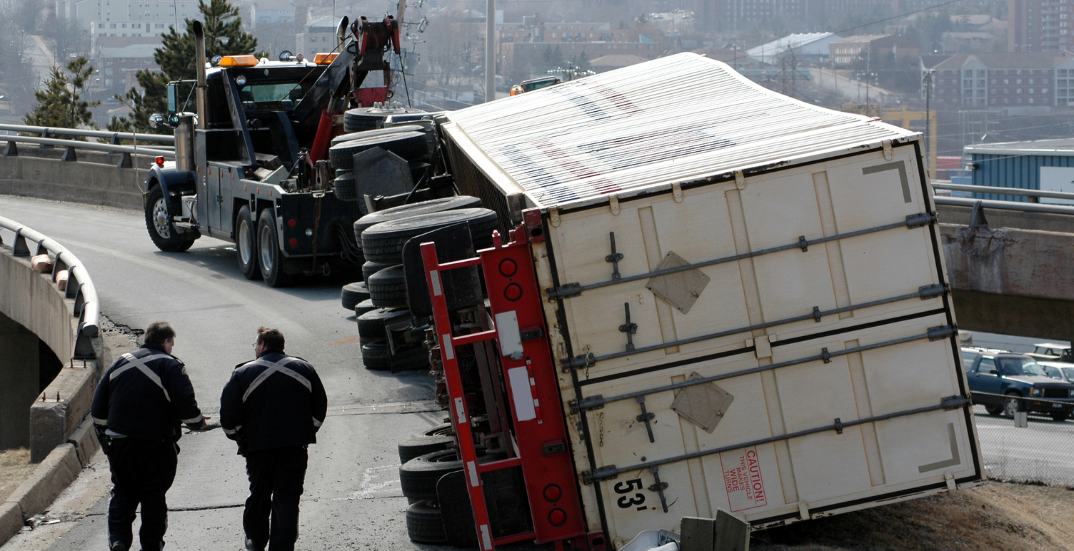When you sustain an injury caused by someone else’s negligence, you may be entitled to recover compensation through an insurance settlement or personal injury lawsuit. However, other parties, such as insurance carriers or medical agencies, might cover your medical bills while your claim is ongoing. These entities often have the right to recover the money they spent from your final settlement or jury verdict through a process called subrogation.
Key Takeaways:
- Subrogation Defined: Subrogation allows insurance companies to recover funds from the at-fault party’s settlement or verdict.
- Made Whole Doctrine: In West Virginia, an injured party must be fully compensated before an insurer can seek subrogation.
- Types of Subrogation: Common in cases involving PIP, uninsured motorist coverage, and health insurance.
Understanding West Virginia Subrogation Laws
What is Subrogation?
Subrogation occurs when an insurance carrier or another party that paid your medical bills seeks reimbursement from the settlement or verdict you receive from the at-fault party. For example, if your health insurance covered your medical expenses after an accident, your insurer might use subrogation to recover those costs from the liable party’s insurance.
Types of Insurance Payments Subject to Subrogation:
- Personal Injury Protection (PIP): This insurance covers medical bills regardless of who is at fault. If you have PIP coverage, your insurance company might seek reimbursement through subrogation.
- Uninsured/Underinsured Motorist Coverage: If the at-fault party lacks sufficient insurance, your own insurer may cover your expenses and later pursue subrogation.
- Health Insurance Payments: Many injury victims rely on their health insurance to cover medical expenses until compensation from the at-fault party is secured.
Being Made Whole and Subrogation in West Virginia
West Virginia law includes specific provisions to protect injured parties from unfair subrogation practices. The “Made Whole” doctrine is a key aspect of this protection.

What is the Made Whole Doctrine?
The “Made Whole” doctrine ensures that an injured party must be fully compensated for their losses before an insurer can enforce subrogation rights. If the compensation you receive does not cover the full extent of your damages, your insurer may not be entitled to recover any money through subrogation. This doctrine is particularly important when settlements are lower than expected, as it prioritizes the injured party’s financial recovery over the insurer’s reimbursement.
Example: If your total damages amount to $100,000, but you only receive a $10,000 settlement, the insurer might only be able to recover 10% of the payments they made on your behalf. Courts may hold hearings to determine whether the injured party has been “made whole” before allowing subrogation.
Legal Aspects and Types of Compensation
Understanding the legal framework surrounding subrogation is crucial for navigating these claims effectively.
Legal Provisions:
- Contractual Clauses: Many insurance policies include specific subrogation clauses. Always review your policy to understand the extent of your insurer’s subrogation rights.
- Court Involvement: In cases of dispute, courts can intervene to determine whether subrogation is appropriate based on the “Made Whole” doctrine and the specific circumstances of the case.
Types of Compensation:
- Economic Damages: These include medical expenses, lost wages, and other tangible losses.
- Non-Economic Damages: These cover pain and suffering, emotional distress, and loss of enjoyment of life.
- Punitive Damages: In cases of gross negligence or intentional misconduct, courts may award punitive damages to deter future wrongdoing.
How to Navigate Subrogation Claims
Steps to Take:
- Review Your Insurance Policy: Understand the subrogation clauses in your insurance policy.
- Consult with an Attorney: A legal professional can help you navigate subrogation claims and protect your rights under the “Made Whole” doctrine.
- Communicate with Insurers: Keep open communication with your insurance company to ensure you understand their intentions and rights regarding subrogation.

Frequently Asked Questions
Q: What is subrogation in personal injury cases?
A: Subrogation is the process by which an insurance carrier or medical agency seeks to recover the funds they paid toward your medical bills from your final settlement or jury verdict.
Q: When does subrogation typically apply in West Virginia?
A: Subrogation can apply when an insurance carrier covers expenses for a person injured due to someone else’s negligence, such as through PIP, uninsured motorist coverage, or health insurance.
Q: What is the “Made Whole” doctrine in West Virginia?
A: The “Made Whole” doctrine states that the injured party must be fully compensated for their losses before an insurer can claim any part of the settlement or verdict through subrogation.
Q: How can I protect myself from unfair subrogation?
A: Consult with an attorney, understand your insurance policy’s subrogation clauses, and be aware of the “Made Whole” doctrine, which can protect your right to full compensation before any subrogation occurs.
Conclusion
Subrogation can be a complex legal process, but understanding your rights under West Virginia law can help ensure you are fully compensated for your injuries. The “Made Whole” doctrine is a critical protection for injury victims, ensuring that insurers cannot recover funds until you have received adequate compensation.
If you are dealing with a subrogation claim, consulting with an experienced attorney is essential to protect your financial recovery.
When navigating the intricacies of subrogation claims in West Virginia, Manchin Ferretti Injury Lawyers can be your trusted legal partner. Their team of skilled attorneys has extensive experience in handling subrogation issues and protecting the rights of injury victims.
With a deep understanding of West Virginia’s “Made Whole” doctrine and other relevant laws, Manchin Ferretti Injury Lawyers can help ensure you receive the full compensation you deserve before any subrogation claims are addressed.
Don’t let insurance companies take advantage of you – contact Manchin Ferretti Injury Lawyers to safeguard your interests and maximize your recovery in complex subrogation cases.





